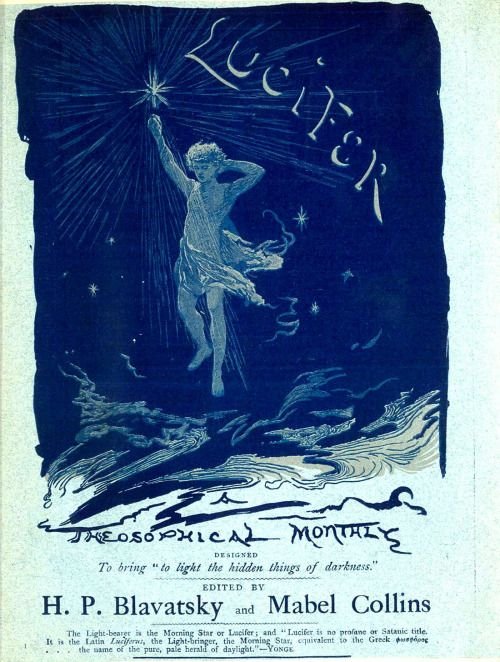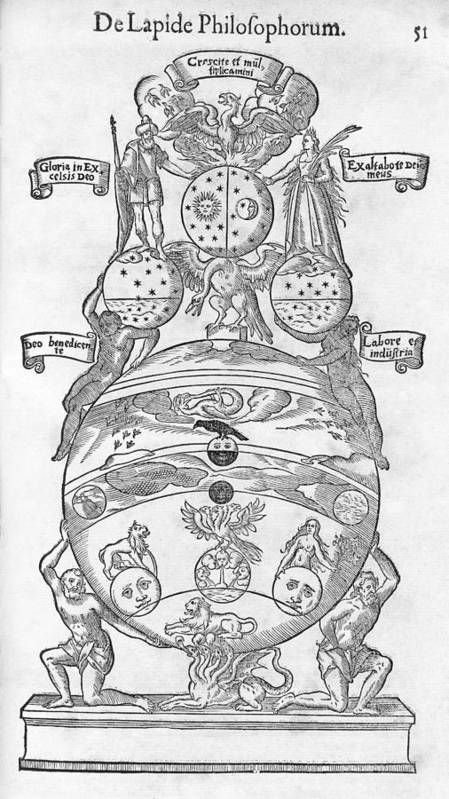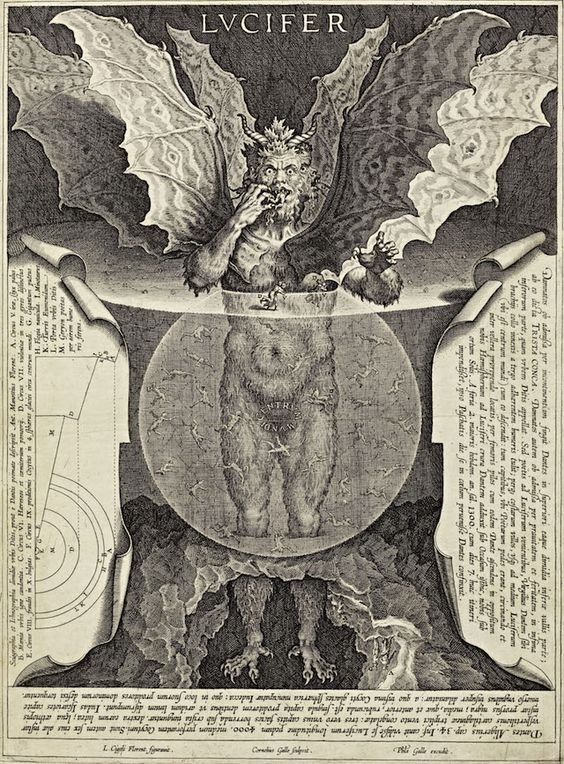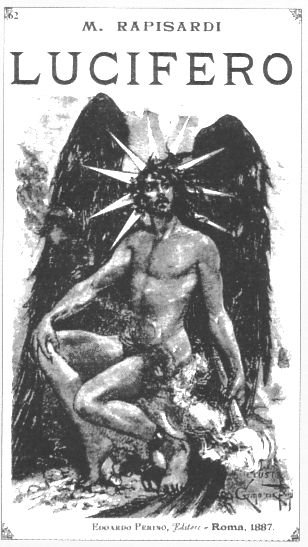Lucifer: An Intellectual Exploration
lucifer is a name that has captured the imagination of people across time and cultures. its origins can be traced back to ancient mythology, where it was associated with the planet venus and the goddess of love and beauty. In christian tradition, lucifer is often portrayed as a fallen angel who rebelled against god and was cast out of heaven. the name "lucifer" is derived from the latin word "luciferus," which means "light-bringing" or "light-bearing." this association with light and knowledge has led some to view lucifer as a symbol of rebellion, individualism, and intellectual freedom.
in this article, we will explore the different interpretations of lucifer and its meaning in various belief systems and cultural contexts. we will examine the historical roots of the name, its role in mythology and religion, and its evolving symbolism over time. We will also consider some of the controversies and debates surrounding the concept of lucifer and its significance in contemporary culture.
historical roots of lucifer
the word "lucifer" has its roots in ancient mythology, where it was associated with the planet venus and the goddess of love and beauty. the ancient greeks referred to the planet venus as "phosphoros," which means "light-bringer." the romans, who adopted many greek beliefs and practices, also referred to the planet as "lucifer," which means "morning star" or "light-bringer."
There is a process to create the philosopher’s stone - elixir of life
in ancient mythology, the morning star was often associated with the goddess of love and beauty, such as the greek goddess aphrodite or the roman goddess venus. the morning star was seen as a symbol of beauty, love, and fertility, and was often depicted in art and literature as a radiant, shining object in the sky.
lucifer in christianity
in christian tradition, lucifer is typically portrayed as a fallen angel who rebelled against god and was cast out of heaven. the story of lucifer's fall is not explicitly described in the bible but is based on various passages that describe the fall of satan and his angels.
one of the most famous references to lucifer in the bible is found in isaiah 14:12, which says: "how you have fallen from heaven, morning star, son of the dawn! you have been cast down to the earth, you who once laid low the nations!" this passage is often interpreted as referring to lucifer, who is seen as a symbol of pride and rebellion against god.
in christian tradition, lucifer is often portrayed as a dark, malevolent figure who tempts humans to sin and leads them away from the path of righteousness. the association of lucifer with evil and darkness is a reflection of the christian belief in the existence of a devil or satan, who is seen as the embodiment of evil in the world.
however, some theologians and philosophers have challenged this view of lucifer and have instead seen him as a symbol of intellectual freedom and rebellion against authority. these interpretations of lucifer emphasize his role as a light-bringer and a guide to spiritual enlightenment, rather than his association with evil and darkness.
lucifer in occult and esoteric traditions
in some occult and esoteric traditions, lucifer is viewed as a positive and empowering symbol of spiritual illumination and enlightenment. these interpretations of lucifer emphasize his association with the planet venus, which is seen as a symbol of beauty, harmony, and balance.
some followers of these traditions see lucifer as a representation of the divine spark within each person, and as a guide on the path to spiritual transformation and self-realization. they see lucifer as a symbol of individualism, rebellion, and intellectual freedom, and view his fall from heaven as a metaphor for the individual's struggle to overcome the constraints of society and religion in order to achieve spiritual liberation.
the association of lucifer with spiritual enlightenment and transformation is also reflected in some modern interpretations of the figure. for example, the american philosopher and occultist manly p. hall wrote extensively on the symbolism of lucifer in his book "The Secret Teachings of All Ages." Hall saw lucifer as a symbol of the "spiritual sun," the inner source of spiritual illumination and wisdom that is accessible to all who seek it.
the symbolism of lucifer is also reflected in the teachings of various secret societies and esoteric orders, such as the freemasons and the rosicrucians. these groups have long been associated with the pursuit of spiritual knowledge and enlightenment, and some of their teachings draw on the symbolism of lucifer as a guide to spiritual transformation and liberation.
controversies and debates surrounding lucifer
the concept of lucifer has long been a source of controversy and debate, particularly within christian tradition. some christians view lucifer as a real, malevolent entity who seeks to lead humans astray and bring about their downfall. they see the pursuit of knowledge and enlightenment as a dangerous and sinful path that can only lead to spiritual corruption and damnation.
others, however, view lucifer as a metaphorical or symbolic figure, representing the struggle between good and evil within each person. they see the pursuit of knowledge and enlightenment as a positive and necessary path to spiritual growth and self-realization.
the association of lucifer with satan and the devil has also been a source of controversy and confusion. while some see lucifer and satan as interchangeable, others see them as separate entities with distinct characteristics and roles. some theologians and philosophers have even argued that the concept of satan as a malevolent force in the world is a later addition to christian tradition, and that the original concept of lucifer was much more nuanced and complex.
another controversy surrounding the concept of lucifer is its association with the occult and esoteric traditions. some christians see these traditions as heretical and dangerous, and view any association with lucifer or other occult symbols as evidence of spiritual corruption and demonic influence. others, however, see these traditions as a legitimate and valuable source of spiritual knowledge and wisdom, and view the symbolism of lucifer as a powerful tool for personal transformation and spiritual growth.
Conclusion
the concept of lucifer is a complex and multifaceted one, with roots in ancient mythology and a long history of evolving symbolism and interpretation. while it is most commonly associated with christian tradition and the fall of satan, it has also been embraced by occult and esoteric traditions as a symbol of spiritual illumination and enlightenment.
the controversies and debates surrounding the concept of lucifer reflect the ongoing struggle between tradition and innovation, authority and individualism, and the pursuit of knowledge and enlightenment. while some see lucifer as a symbol of rebellion and spiritual liberation, others view him as a malevolent force that seeks to lead humans astray and bring about their downfall.
ultimately, the meaning and significance of lucifer is a subject of ongoing debate and interpretation, reflecting the diversity of human beliefs, values, and aspirations. whether viewed as a positive or negative symbol, however, the concept of lucifer remains a powerful and enduring presence in human culture and imagination, inspiring awe, wonder, and controversy in equal measure.





